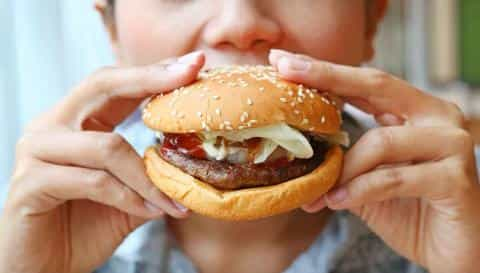
Hitting the pavement requires fueling your body with the right nutrients. But between conflicting advice and online chatter, it's easy to fall prey to running nutrition myths. Let's debunk five common misconceptions and set you on the path to optimal performance:
Myth #1: Eating Late at Night Makes You Gain Weight:
The timing of your meals matters less than your overall calorie intake. Enjoying a balanced post-run meal within a reasonable timeframe helps replenish glycogen stores and supports muscle recovery. Focus on nutrient-rich options like lean protein, whole grains, and vegetables.
Myth #2: Carbs Are Bad for Runners:
Carbs are your body's primary source of energy during a run. Choose complex carbs like whole-wheat bread, brown rice, and fruits for sustained energy release. Don't demonize all carbs; just opt for healthier choices and tailor your intake to your running intensity and duration.
Myth #3: You Need Fueling During Every Run:
For shorter runs (under an hour), your body's stored glycogen is sufficient. However, for longer runs or high-intensity sessions, consider sports drinks or gels for a quick energy boost. Listen to your body and experiment to find what works best for you.
Myth #4: Protein Isn't Important for Runners:
Protein is crucial for muscle repair and building lean mass. Aim for 0.8-1 gram of protein per pound of body weight daily, incorporating sources like lean meats, fish, eggs, and plant-based options like tofu and lentils.
Myth #5: Only Refuel Right After Your Run:
While an immediate post-run snack is beneficial, your recovery window extends for several hours. Prioritize refueling within 30 minutes but don't stress if it takes longer. Include protein and carbs in your recovery meal or snacks to maximize muscle repair and glycogen replenishment.
Discover More Content





